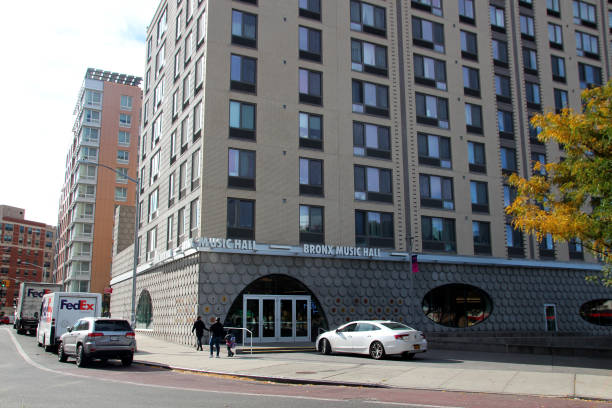They’re seriously into election-watch mode in Trinidad and Tobago. Actually, some may think “Kamla-watch” to be the more apt characterization, as it is whatever stealth move(s) Prime Minister Kamla Persad-Bissessar may be fixing to unleash that have curiosity levels high throughout the society. A while back, waxing colloquial, the prime minister had said no one was going to “jumbie” her into announcing an election date before she was good and ready to do so. But wiggle room to play that timing game with the all-important date has gotten narrower, now that we’ve entered the month of May. And Bissessar, to her chagrin, could find herself getting too cute about her announcement of when the country will go to the polls.
Bissessar’s pending announcement cannot but re-thread the round of political silliness that defined Trinidad and Tobago’s last general election five years ago, when Patrick Manning abruptly called an election half-way through his government’s term. We have always maintained here that responsibility for the Manning train wreck lay not with him but with party colleagues, who unwisely went along with the “untouchable” veneer he had cultivated, even as the man clearly was, by 2010, in the firm grip of megalomania and, for his own and the country’s good, ought to have been forced from his leadership perch by all available means. There’s no such intra-party tension dogging Bissessar, and she and her confederates have emphatically made known during their tenure, when assorted misdeeds generated angry pushback, that they had no intention of demitting office early, a la Manning.
Come May 24, however, the Bissessar posse will have been in office five years. There reportedly are plans being hatched on the other side of the political divide to dramatize that the government has reached the end of its constitutional tether. But in this developing election scenario, speculation that the government may try to put one over on opposing politicians and the public is hardly without merit, given the track record. Several times over the last five years have moves been made out of the glare of public awareness when government players wanted to “get over” inconspicuously. Two, in particular, would trigger John Public’s instant recall: the attempt to install a junior, unqualified employee in one of the highest national security positions in the country; and the notorious “Section 34” gambit in which one section of a criminal justice bill was extracted and brought in the dead of night to the former president, who incredulously signed the thing, the maneuver later revealed to be a scheme to benefit two party financiers facing possible extradition and jail terms in the U.S.
Given such dirty-tricks practice as business as usual, the government’s engaging in more of the same as an election draws near would surprise no one. Bissessar and company flirted, for instance, with some so-called constitution reform stuff, including a run-off proposal for elections, about which they took much flak for attempting to push through the measures absent adequate consultation with the citizenry. But everything that’s now established about the modus operandi of this government tells us that, public disgruntlement notwithstanding, there’s no way a pre-election effort to ram the “reform” legislation down the people’s throat can be ruled out.
We wouldn’t be surprised either, as we’ve previous noted here, if the administration’s obsession with prolonging its stay in office hasn’t had the prime minister and her lieutenants digging into the country’s political history. For whatever it’s worth, checking on legislative predecessors back in the 1950s would reveal their voting to extend the 1950-55 legislature’s life one year…with disastrous consequences for several of them when a new election was finally held in 1956.
Naturally, apart from staying around through whatever works as political stratagem or the mere happenstance of now controlling when shots get called — like an election date — the government is also on a last-ditch vote-buying binge. Trinidad Express columnist Sunity Maharaj commented last Sunday on this reckless disregard for sound economic fundamentals, in the now troubling development of Moody’s downgrading Trinidad and Tobago’s bond rating and the country’s economic outlook from stable to negative. Maharaj characterized the government as pursuing “a strategy that prioritizes the political agenda over T&T’s economic well-being.” Looking back to when Bissessar and company began their romp, with empty platitudes about “change,” Maharaj said: “It was clear that this was to be no government of change. What it intended was to milk the oil and gas economy for all it was worth in order to buy the next vote.”
The tragedy is that intelligent analysis of wrong-headed economic policy (forget for a moment all the other nefarious carrying-on over five years) doesn’t mean squat to this government. The beat will go on…until the people say, “Enough!”

























